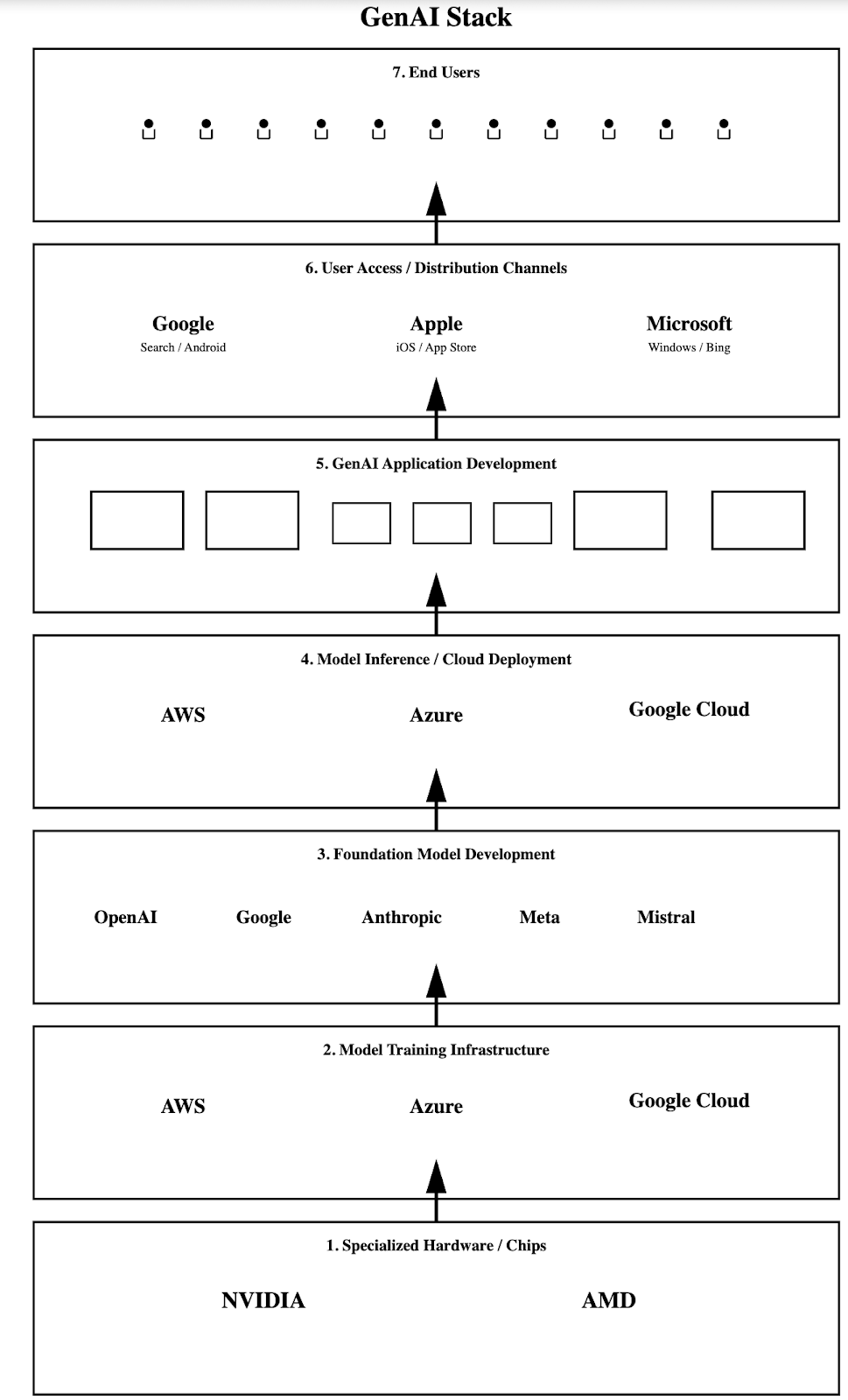- 218 Posts
- 138 Comments
what’s wrong with the title?
I don’t understand your downvotes. If they are from scabs, or they are from people who only read the title and thought this is some managerial shit.
because I joined a long time ago?

 1·19 天前
1·19 天前We have plenty of text-based community platforms, depending on the country you’re in. It’s all stuff that will be presented at the call.

 5·19 天前
5·19 天前We are throughout USA and Europe. I can give you personal advice as someone who emigrated, and you might want to ask the question in the community chats of different chapters, but TWC is for collective action, not for individual career support

 6·19 天前
6·19 天前we have our own self-hosted infrastructure for critical data. We use Zoom just to passively filter FOSS purists and hackerinos. (jk, not true, we do it because the infrastructure group prioritized other things, but it works anyway)

 5·19 天前
5·19 天前we don’t take dues and we are not an union in a legal sense. Requirements: time, energy, and motivation to learn and contribute. You’re going to get trained on things once you join.
Join our community space before the 101 if you like: https://techworkerscoalition.org/subscribe/
I actually teach how to plan, execute, and assess political and social impact, beyond practicing it in my orgs. Are you aware there are plenty of disciplines working exactly on this? Your rethoric is just a way to justify your inaction. If nothing can change, it means you’re exempted from your responsibilities. Too easy.
Everything made by humans can be destroyed by humans. No social system is forever. The rest is just skill issue.

 11·1 个月前
11·1 个月前there’s plenty of studies which point to the fact that exposure to media is indeed irrelevant to determine political opinions.

 8·2 个月前
8·2 个月前yeah, it’s quite big, because in a way it’s the biggest win so far for the BDS in American tech.

 11·2 个月前
11·2 个月前I unionize people in the tech sector. Childish nerds are much harder to work with than anybody else.
I would pick a coked out analyst over an emacs user every day

 78·2 个月前
78·2 个月前nerds are often egotistical, selfish and individualistic. Let’s kick them out and unionize instead

 12·3 个月前
12·3 个月前So the author’s argument is that youth have just gone to gig work instead of traditional jobs. OK, maybe true, but first of all, this is not a good thing on its own either. And secondly, we have to consider why gig work even exists, aside from being a fresh new way to exploit workers and deny them the traditional protections of the labor market. Because there is a specific reason gig work exists right at this very transitional moment in the workforce, and I’ll give you a spoiler: It exists because of AI.
Considering the author is possibly the most relevant scholar on (against?) platform work, I’m quite sure he would agree with you. The article implies that AI is deskilling and displacing workers and that’s intrinsically a bad thing.

 232·3 个月前
232·3 个月前You’re focusing too much on the WordPress example. There are a dozen tools mentioned in the article that will clarify what’s possible.

 1·3 个月前
1·3 个月前deleted by creator

 1·3 个月前
1·3 个月前deleted by creator

 251·3 个月前
251·3 个月前A CMS is a specific type of no-code software. N8N or Appsmith are definitely not a CMS















yeah, I conveyed a similar feedback to the author of the article. Thanks for the analysis